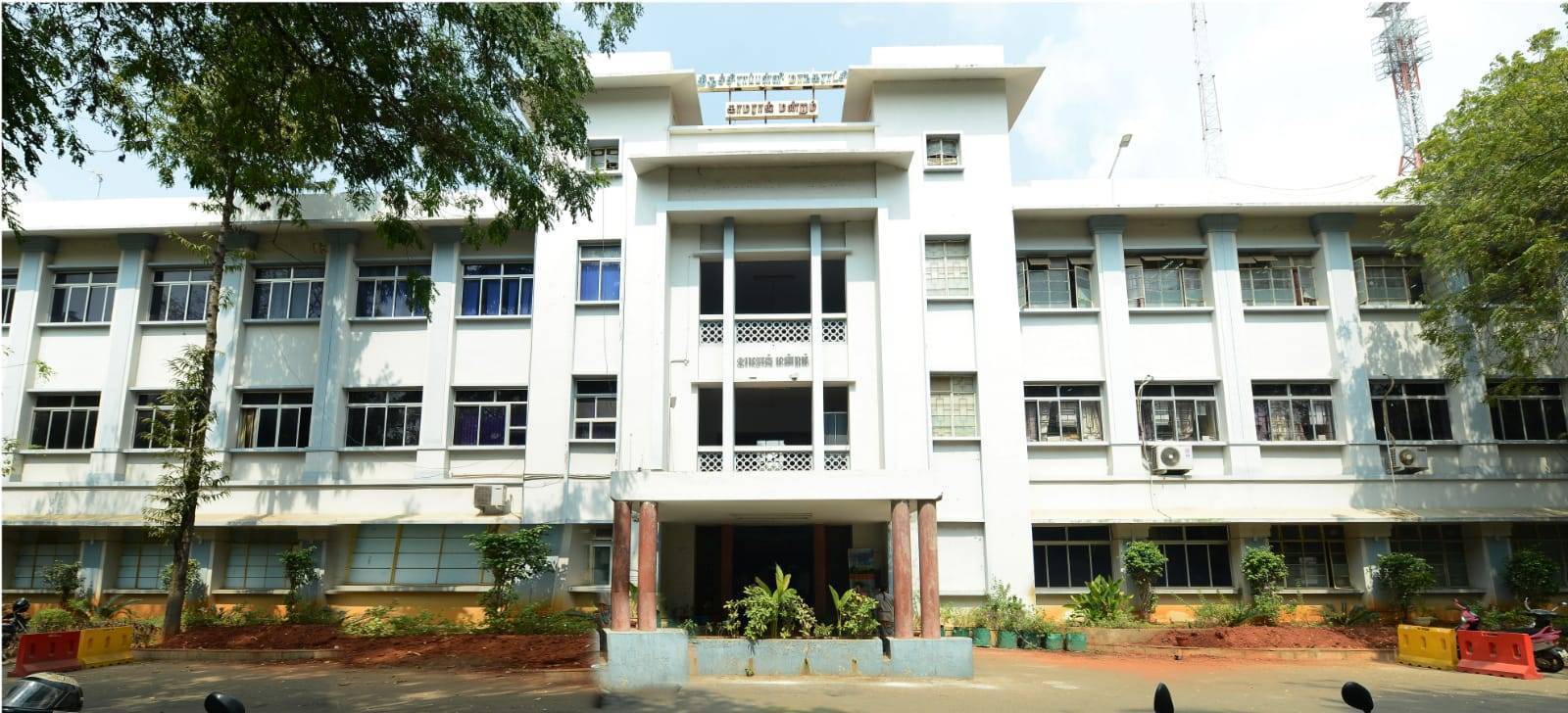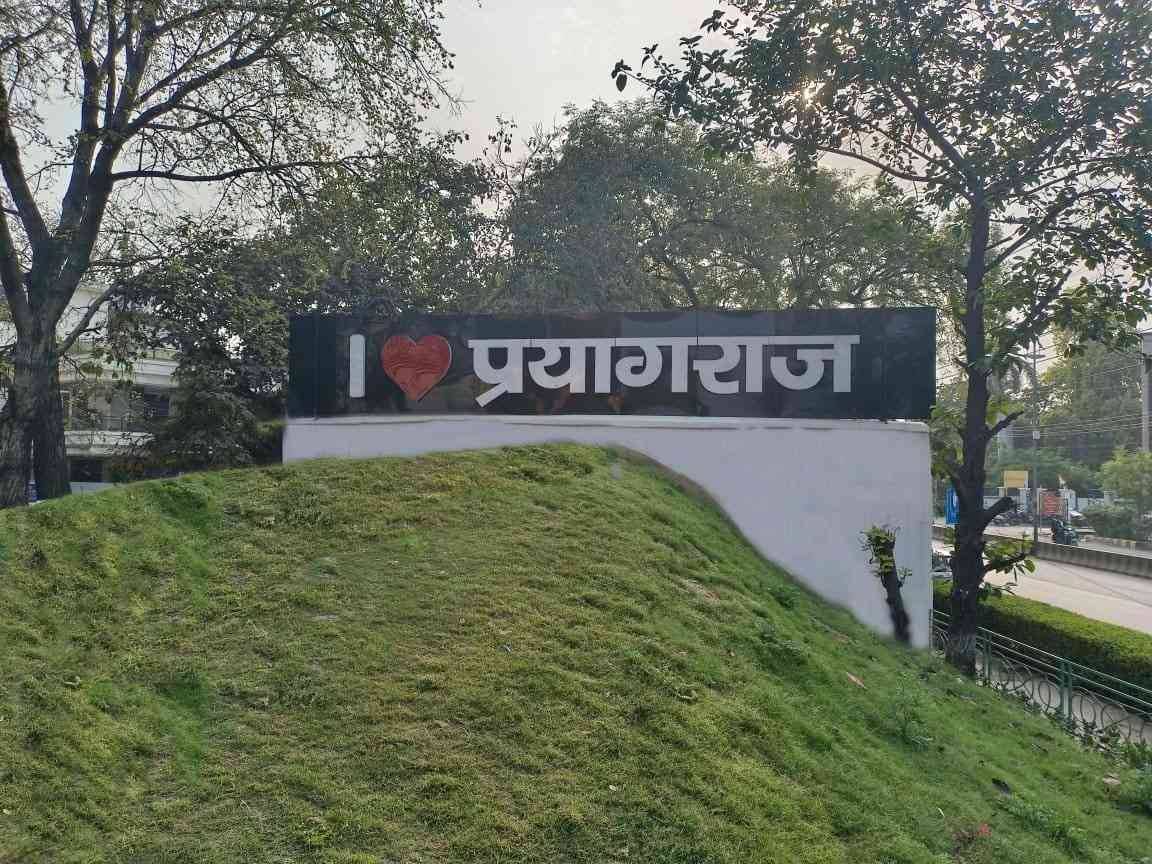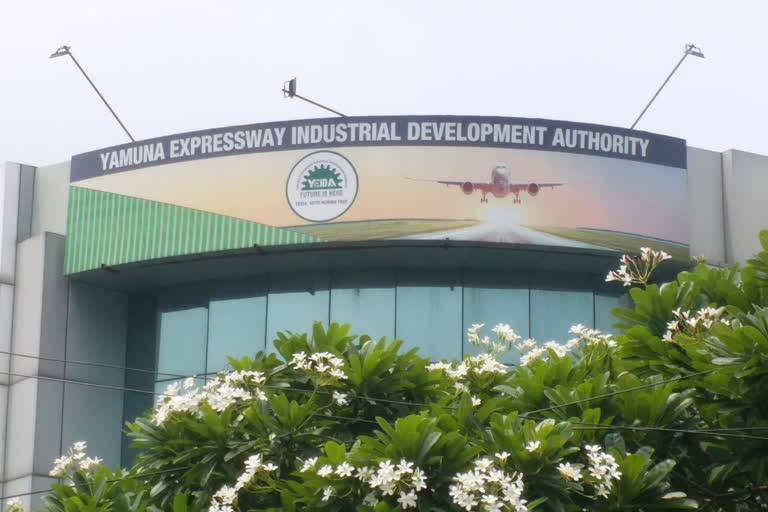In an innovative step towards tackling the growing challenge of plastic waste, Trichy Corporation has entered into a collaboration with a cement manufacturing unit to manage the disposal of single-use plastics produced within the city. Over the past nine months, the corporation has successfully transported approximately 1,500 tonnes of plastic waste to a cement production facility in Ariyalur, where it is repurposed as refuse-derived fuel (RDF). This initiative is not only helping in waste disposal but also reducing the environmental risks associated with improper plastic waste management, particularly the accumulation of legacy waste at the Ariyamangalam dump yard.
A Collaborative Solution for Waste Management
The collaboration involves the use of single-use plastic waste as an alternative fuel in cement production, addressing both environmental and logistical challenges. A private cement plant located on the outskirts of Trichy has agreed to accept around 300 tonnes of plastic waste each month. This waste will be converted into RDF, which will be used as a fuel source in cement production furnaces, a process that helps in reducing the carbon footprint of the cement industry while managing the waste effectively.
The city of Trichy generates an average of 450 tonnes of waste daily, and approximately 25 tonnes of this waste consists of single-use plastics, which are primarily used for packaging food products. While many of these plastics can be recycled, a significant portion remains non-recyclable and non-sellable. The city has been focusing its efforts on managing this waste in a sustainable manner, and sending the plastic waste to the cement plant for RDF conversion provides a viable solution.
Addressing Fire Hazards and Waste Accumulation
One of the key challenges faced by the city in managing its waste is the fire hazard posed by the accumulation of plastic waste at micro compost centres (MCCs) and dump yards, particularly during the hot summer months. Improper disposal or mismanagement of plastic waste can lead to uncontrollable fires, exacerbating the city’s waste crisis. By sending non-recyclable plastic waste to the cement facility, Trichy Corporation has mitigated the risk of such incidents at the Ariyamangalam dump yard.
Kishore Mohan, the Operations Head of S R Vedhaah—the agency overseeing Trichy’s solid waste management—explained that the collaboration with the cement plant has been instrumental in managing plastic waste, preventing the buildup of waste in the dump yard, and improving waste disposal practices in the city. Currently, Trichy transfers around 8-9 tonnes of waste daily to the cement plant, but efforts are underway to increase this amount by engaging more private cement plants and recycling vendors.
Efforts to Expand and Improve Plastic Waste Disposal
In a bid to scale up this initiative, Trichy Corporation is working to establish additional collaborations with cement companies and other recycling vendors. The goal is to reduce the use of the Ariyamangalam dump yard, which has been a long-standing site for waste disposal in the city. To facilitate the transportation of plastic waste, the local authority has set up five dedicated loading points at key locations, including Manalvarithurai, Panjapur, Konakkarai, Ambedkar Nagar, and Ariyamangalam. These loading points act as hubs where plastic waste is collected and sorted before being sent to the cement plants.
All 37 micro compost centres across Trichy are responsible for collecting and sorting plastic waste. They direct non-recyclable and non-saleable plastic waste to the loading points, ensuring that only suitable materials are sent to the cement plants for processing. This systematic approach helps streamline waste management operations, reducing the burden on the dump yards and making the waste disposal process more efficient..
The city's ongoing efforts to improve waste management and reduce environmental impact are part of a larger vision to make Trichy a cleaner, greener city. By converting plastic waste into useful fuel for cement production, the corporation is contributing to both environmental sustainability and the growth of the circular economy. With continued collaboration, innovation, and community engagement, Trichy aims to set an example for other cities in India in terms of effective plastic waste management.









